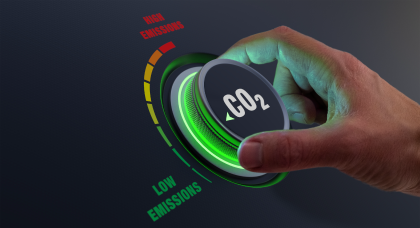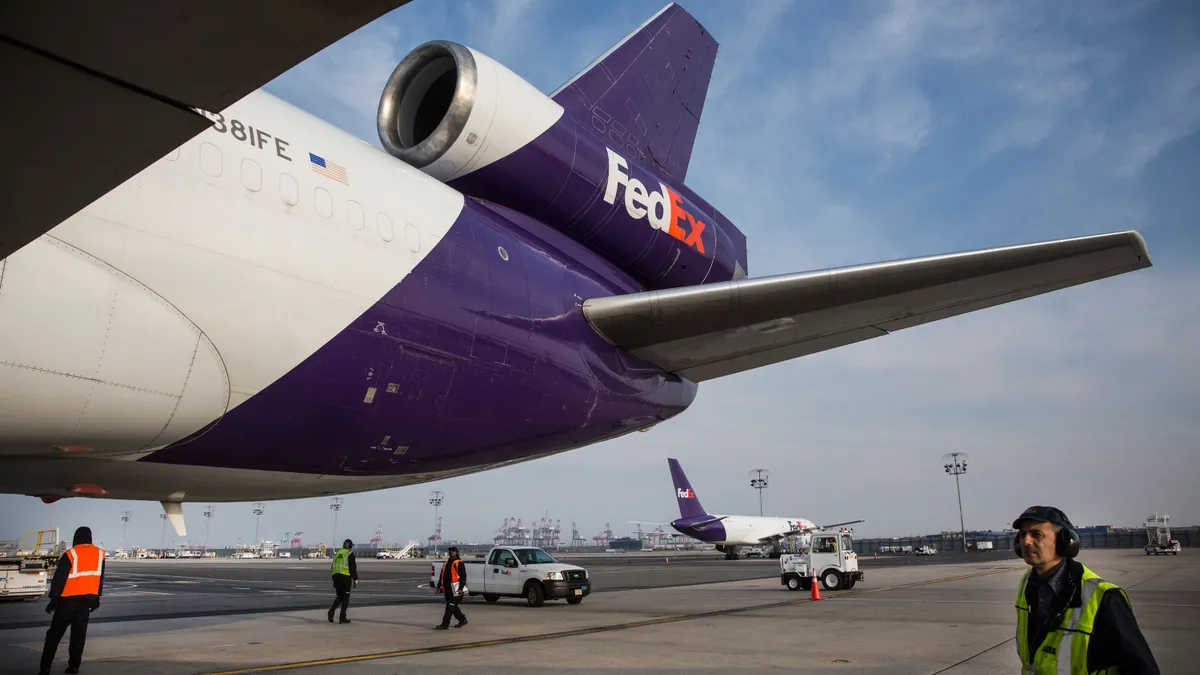Compliance & Sustainability

Compliance and sustainability are critical benefits of a Last-Mile TMS, ensuring that operations adhere to regulatory standards and environmental best practices. The system can monitor and enforce compliance with laws regarding driver hours, vehicle maintenance, and delivery protocols. Additionally, optimizing routes and reducing fuel consumption contribute to lower carbon emissions, supporting sustainability goals. Compliance and sustainability not only reduce legal risks and penalties but also enhance the company's reputation and appeal to environmentally conscious customers.
Adherence to Regulatory Standards

Compliance with regulatory standards is crucial for avoiding legal issues and maintaining service quality. A Last Mile TMS ensures that deliveries adhere to relevant regulations, such as driver hours, vehicle maintenance, and delivery protocols. By enforcing compliance, companies can avoid penalties and disruptions due to noncompliance. Adherence to regulatory standards also enhances the company’s reputation and builds trust with customers and partners.
Monitoring and Enforcing Compliance

The system can monitor and enforce compliance with laws and regulations, reducing the risk of legal penalties and disruptions. This includes tracking driver hours, vehicle maintenance schedules, and delivery protocols. Effective compliance monitoring ensures that operations run smoothly and efficiently. By maintaining compliance, companies can protect their reputation and ensure reliable service.
Supporting Environmental Best Practices

Optimizing routes and reducing fuel consumption contribute to lower carbon emissions, supporting sustainability goals. By minimizing the environmental impact of deliveries, companies can enhance their reputation and appeal to environmentally conscious customers. Supporting environmental best practices is crucial for maintaining a positive brand image and building customer trust. Sustainability initiatives also support long term operational efficiency and cost savings.
Reducing Legal Risks and Penalties

Ensuring compliance with regulatory standards reduces legal risks and penalties, protecting the company’s bottom line. Compliance with laws regarding driver hours, vehicle maintenance, and delivery protocols ensures that operations run smoothly and efficiently. Reducing legal risks and penalties is crucial for maintaining financial stability and operational continuity. By enforcing compliance, companies can avoid costly disruptions and maintain high service standards.
Enhancing Company Reputation

Adhering to compliance and sustainability standards enhances the company’s reputation, making it more attractive to customers and partners. A strong reputation for compliance and sustainability builds trust and reliability, key factors in customer retention. Enhancing the company’s reputation supports long term business growth and success. By maintaining high standards of compliance and sustainability, companies can differentiate themselves in the market.
Appealing to Environmentally Conscious Customers

Supporting sustainability goals and reducing environmental impact appeal to environmentally conscious customers. This customer segment is growing in importance, making sustainability initiatives crucial for maintaining a competitive edge. By demonstrating a commitment to sustainability, companies can attract and retain customers who value ethical and environmentally friendly practices. Appealing to environmentally conscious customers supports long term business growth and market expansion.
News

AIT Worldwide Logistics acquires...
Supply chain provider AIT Worldwide Logistics has acquired Krupp Trucking LLC,....

FedEx targets growth in 4 customer segments...
Network changes and new capabilities aim to snag market share in healthcare...
Newsletter

5 Key Features Every Last-Mile TMS Software...
In today's competitive landscape, efficient and reliable last-mile delivery is no longer a luxury,...
Gartner

Market Guide for Last-Mile Delivery...
Demand for Last-Mile delivery applications continues to grow, gathering interest...